Population Health News Round-Up: July 2025
JoAnne DyerHealth Equity and Disparities
Screening and care disparities during COVID for people with disabilities: During the COVID-19 pandemic, cardiovascular health screening rates decreased among people with disabilities except sensory disabilities. People with cognitive disabilities were more impacted by cost of care resulting in unmet medical needs. (HCP Live, July 10, 2025)
The long-running Nurses’ Health Study is in danger: Funding cuts endanger this nearly 50-year study. Losing this data would be “like burning the Library of Congress.” (Harvard T.H. Chan School of Public Health, July 9, 2025, and CNN, July 1, 2025)
Environmental & Climate Health and Justice
In post-wildfire Altadena, they’re rebuilding more than homes: The Eaton wildfire “threatened to erase generations of Black homeownership, legacy, and pride embedded in the unincorporated Los Angeles County community.” The National Organization of Minority Architects helps via education, community, and support. (Los Angeles Times, June 5, 2025)
Coldwater Creek kids have a higher cancer risk: Just north of St. Louis, Coldwater Creek was polluted by nuclear waste from the development of the atomic bomb. By looking at baby teeth donated beginning in 1958, researchers found a an increased risk of cancer likely due to radiation. (JAMA Network Open, July 16, 2025)
Climate disasters can cause mental health issues: Mental health effects, such as PTSD, anxiety, and depression, can follow exposure to climate disasters. Vulnerable communities are harmed the most. (Public Health Newswire, July 18, 2025)
Built Environments, Spaces, and Places
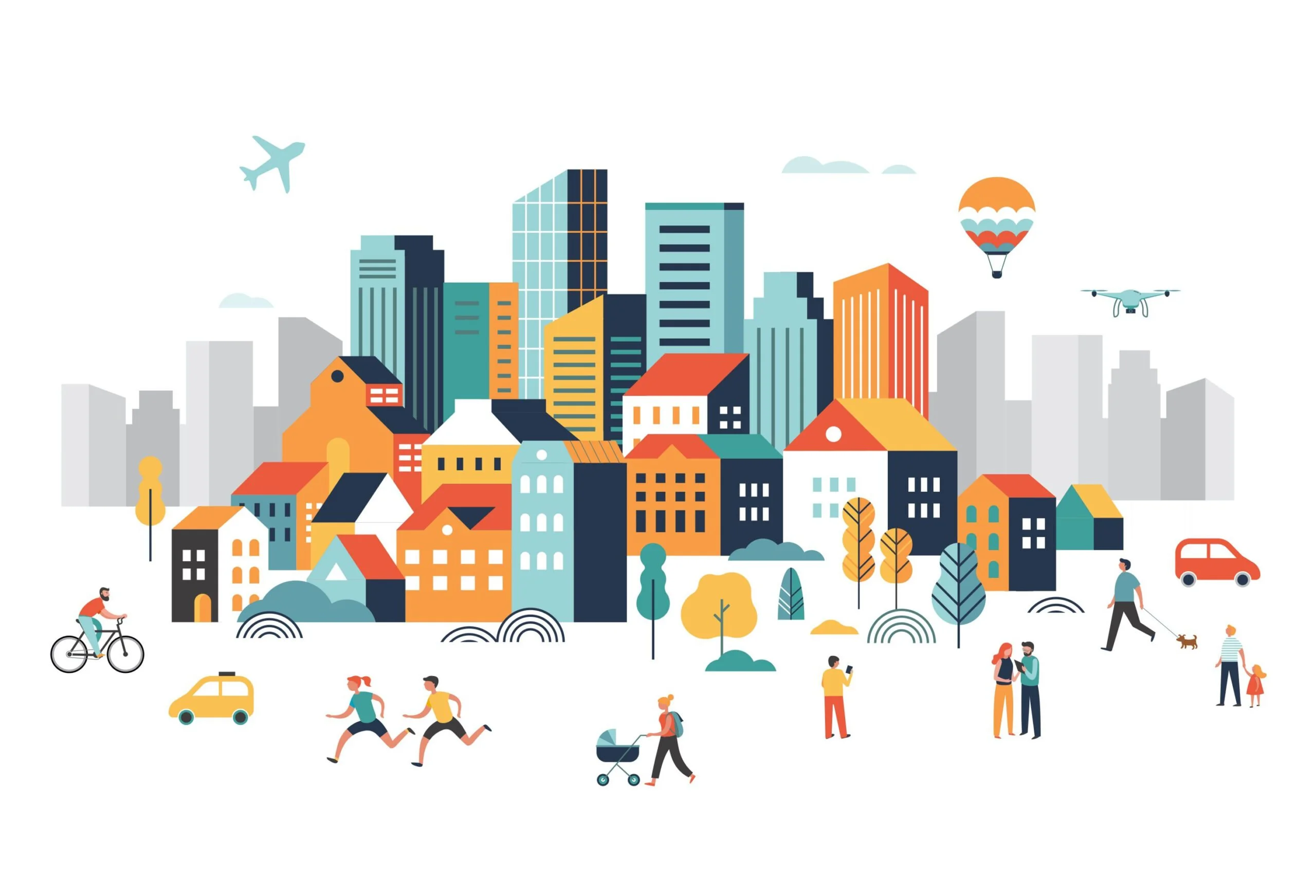
Disparities in the American South: Big Tobacco, policies that prioritize non-nourishing commodity crops, grocery deserts, poverty, and a lack of rural hospitals are some of the contributing factors toward high rates of diabetes, heart disease and lung cancer in southern states. (The Tennessean, July 11, 2025)
Oil and gas wells linked to a rare children’s cancer: Kids living near oil or gas wells have a higher risk of acute lymphocytic leukemia. (The Conversation, July 17, 2025)
Policy and Programs
State-level policies can help or harm LGBTQ+ health: Researchers found that “discriminatory state policies are linked to poorer health for LGBT individuals and suggest that protective policies could improve health.” (Health Affairs Scholar, January 15, 2025, authors include IAPHS member Gabe Miller)
Tracking the Big Beautiful Bill: KFF is tracking the health provisions in the federal budget reconciliation bill, including impacts to Medicaid, the ACA, Medicare, and Health Savings Accounts. (KFF, July 8, 2025)
The expanded child tax credit expired, and energy insecurity increased: With no ECTC, more middle-income families were unable to pay energy bills. (AJPH, August 2025)
Book Spotlights
In A Living: Working-Class Americans Talk to Their Doctors, Dr. Michael Stein looks at how manual labor affects his patients and how work shapes physical and mental health and identity. (Random House, April 29, 2025)
Stephen Verderber’s Architecture and Health Equity in an Imperiled World explores how the built environment can be made “health-centric” and reduce health disparities, even as the climate is rapidly changing. (Johns Hopkins Press, pre-order)

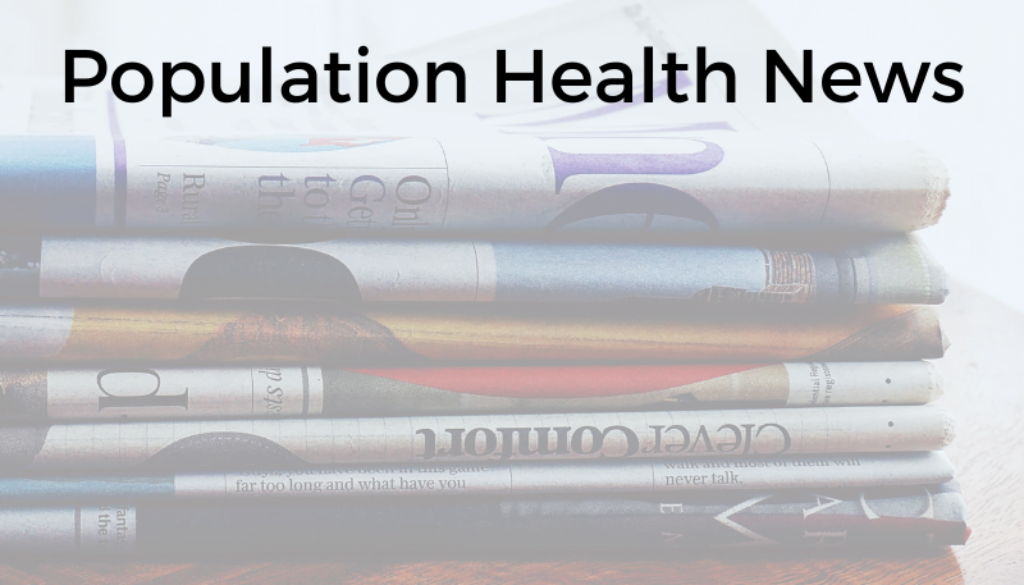
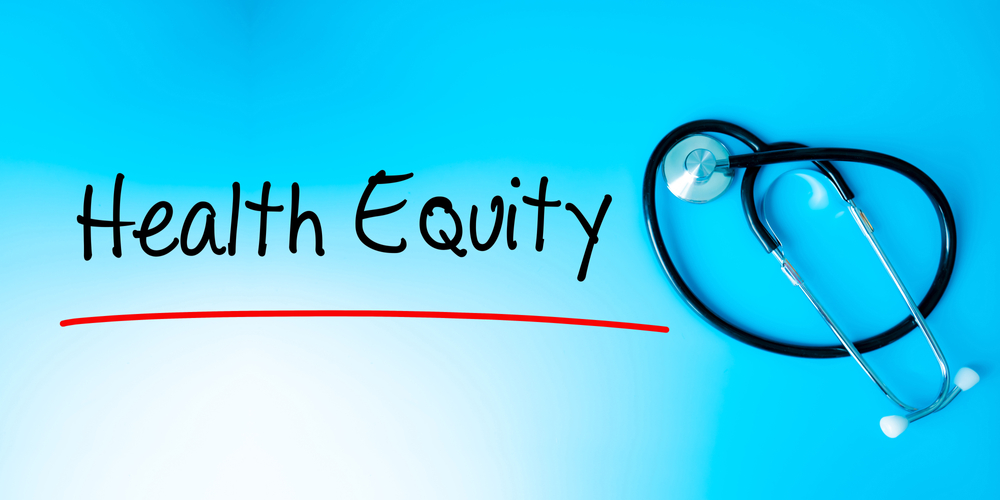
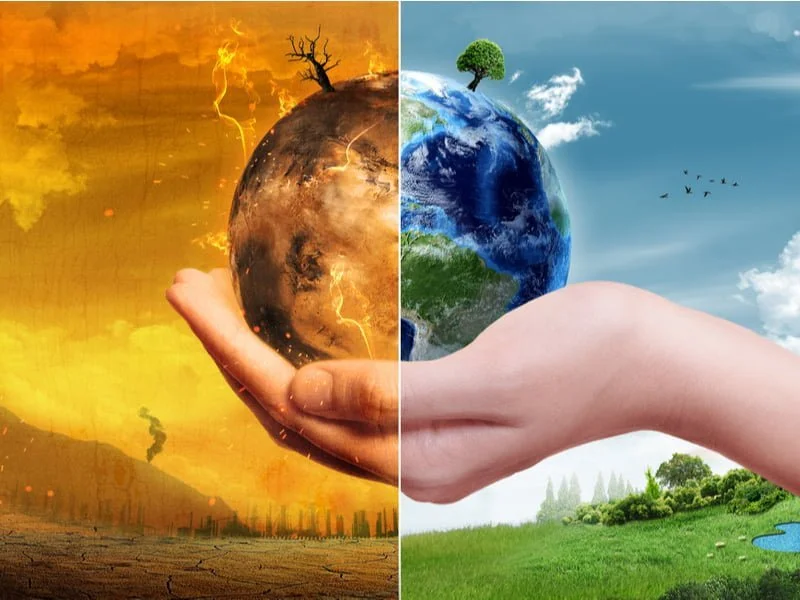
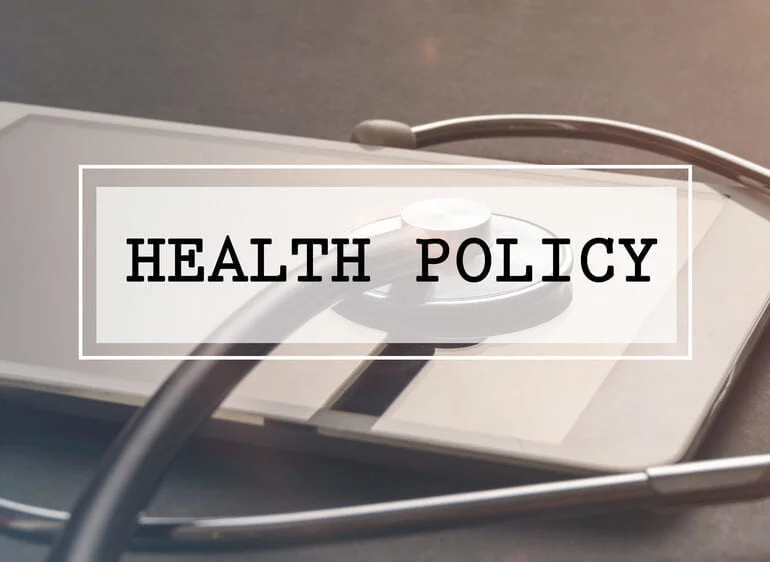


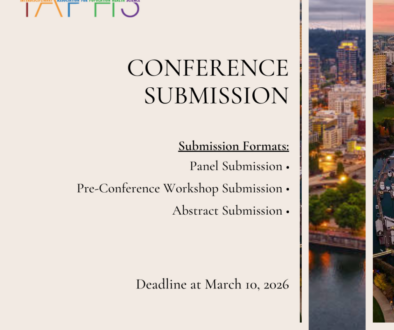
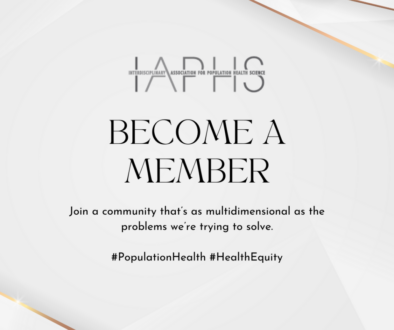
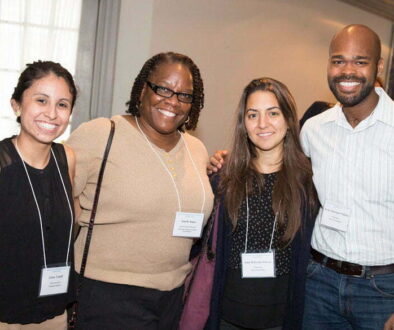
All comments will be reviewed and posted if substantive and of general interest to IAPHS readers.